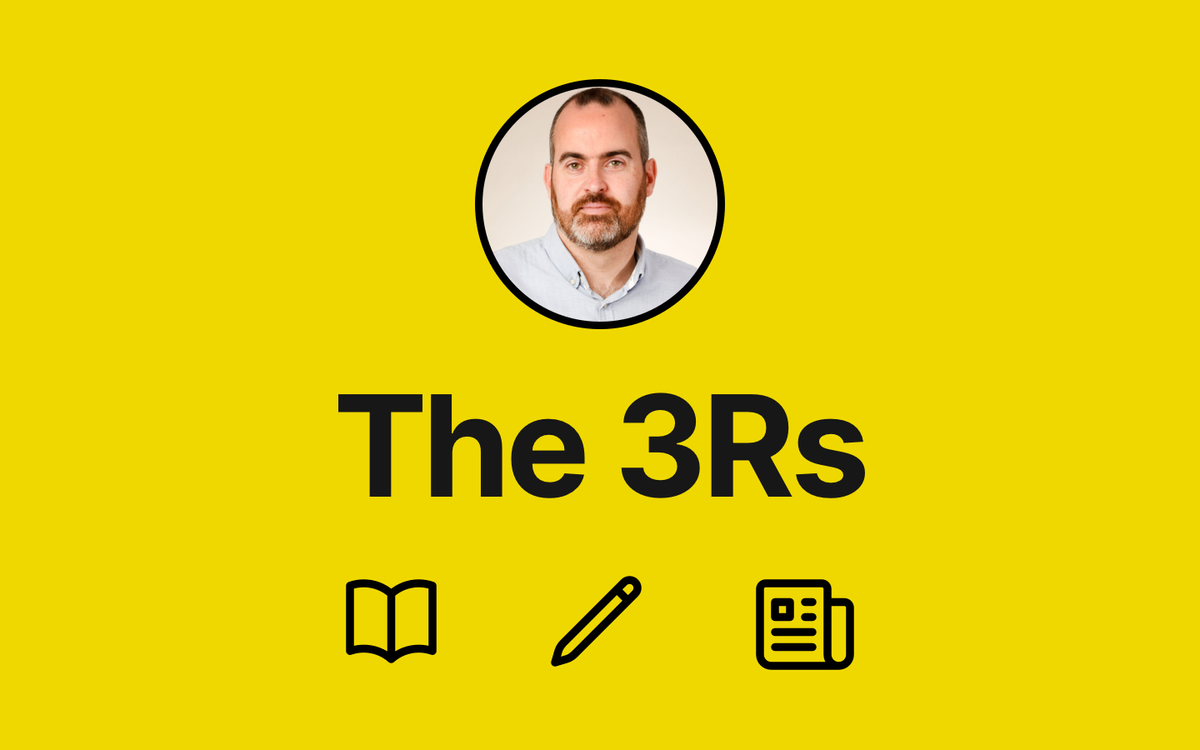My journey to school each morning is mercifully short. Each day I follow the same habitual steps, with little variation beyond the odd song that rattles my morning stupor.
Every so often though, I drive past a student of mine. Now, each time, driving past him evokes a whir with questions. Let’s call that student David. David clearly undertakes his paper round each morning – with metronomic consistency. Knowing him well, I imagine he has does that job with aplomb. You cannot fault David’s work ethic. Few students in all my time teaching could hope to surpass David’s commitment and effort.
If you know about Carol Dweck’s idea of a ‘fixed‘ and ‘growth mindset‘ you would consider that David sits easily in the ‘growth mindset‘ camp. His belief in hard work is unstinting. His resilience in the face of weak essays and issues with the basics of his writing is utterly laudable. And yet, David still languishes behind the majority of his peers. Despite all his best efforts, he stares squarely at evidence that his mindset isn’t enough. It is important and it is beneficial, but it isn’t enough.
So in my car ride home, and in school of course, I have been thinking about what to do about students like David, and indeed, all our students. I think about teaching Dweck’s hypothesis, about character and resilience. I think you could ask almost any student at my school – Huntington School, in York – about mindsets and they would confidently explain to you about a ‘growth mindset‘, about the plasticity of the brain and the importance of effort. In my opinion, it is one of the most important things that I do, and will do, for my students. Only that would ever quite be enough in and of itself.
So what’s next?
A vast number of schools are undertaking ‘growth mindset‘ assemblies and implementing useful strategies, such as the ‘power of yet’ and the like. That will have a shelf life of course. We then need to define what ‘growth mindset learning‘ looks like, for our students in our context. Otherwise, this laudable hypothesis will go the way of many innovations before it and die a slow death.
For me the answer lies somewhere in the region of metacognition: effectively, getting students to think about their own thinking. I think we need to identify explicitly for students how they should plan, monitor themselves as they work, and evaluate themselves (and others) more consciously in each subject discipline. I am sceptical about a ‘one-size-fits-all’ approach with all this, but I think you can identify common principles to teach students to better self-regulate their learning with something like consistency.
This ‘growth mindset learning‘ is also intimately bound up with feedback (including good quality oral feedback, not just marking, which is a common mistake). I think teacher feedback goes hand-in-hand with well structured peer and self-assessment. Again, we stray back into the region of metacognition: do students have the tools to judge their own working and improve it accordingly, with the support of their teacher.
I think metacognition and mindset go hand-in-glove. Metacognition and mindset is my ‘what’s next?‘.
David will still need a wealth of knowledge to underpin his every attempt to work harder. He will need to be supported with the most effective strategies to help embed such knowledge into his long-term memory – which is a very tricky business, A deep knowledge of a subject acts like the hooks and crampons that helps you scale greater heights and aim for the summit that is expertise. Only effort won’t be enough; belief in your limitless capacity to learn won’t be enough.
Can David learn more effectively if he explicitly understands how to better plan, draft, monitor and evaluate everything he does? I expect so. I think it is the crucial next step, for David, and for schools looking to implement a growth mindset approach in their context. I will think about the how when I drive to school tomorrow morning!






Comments